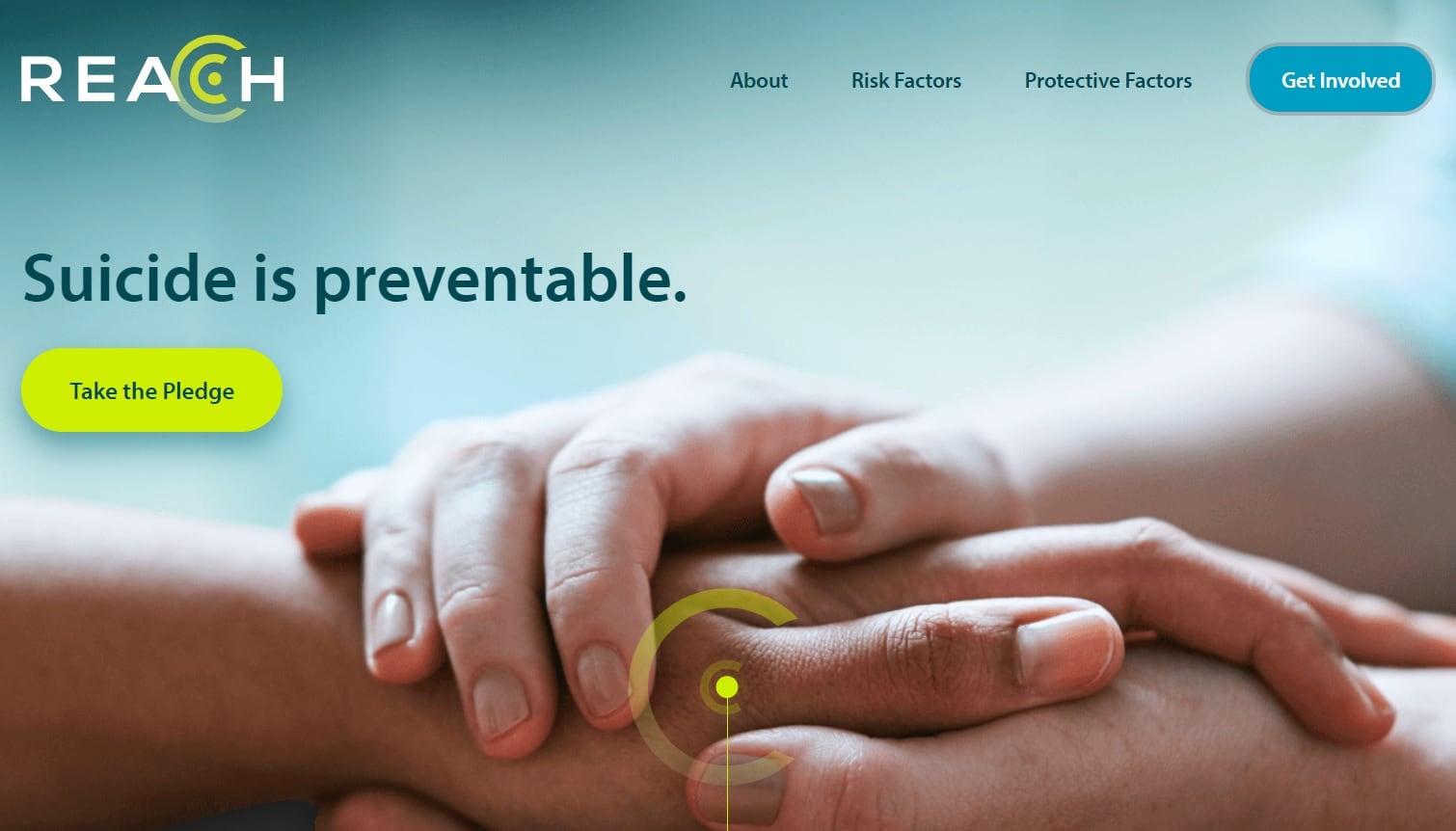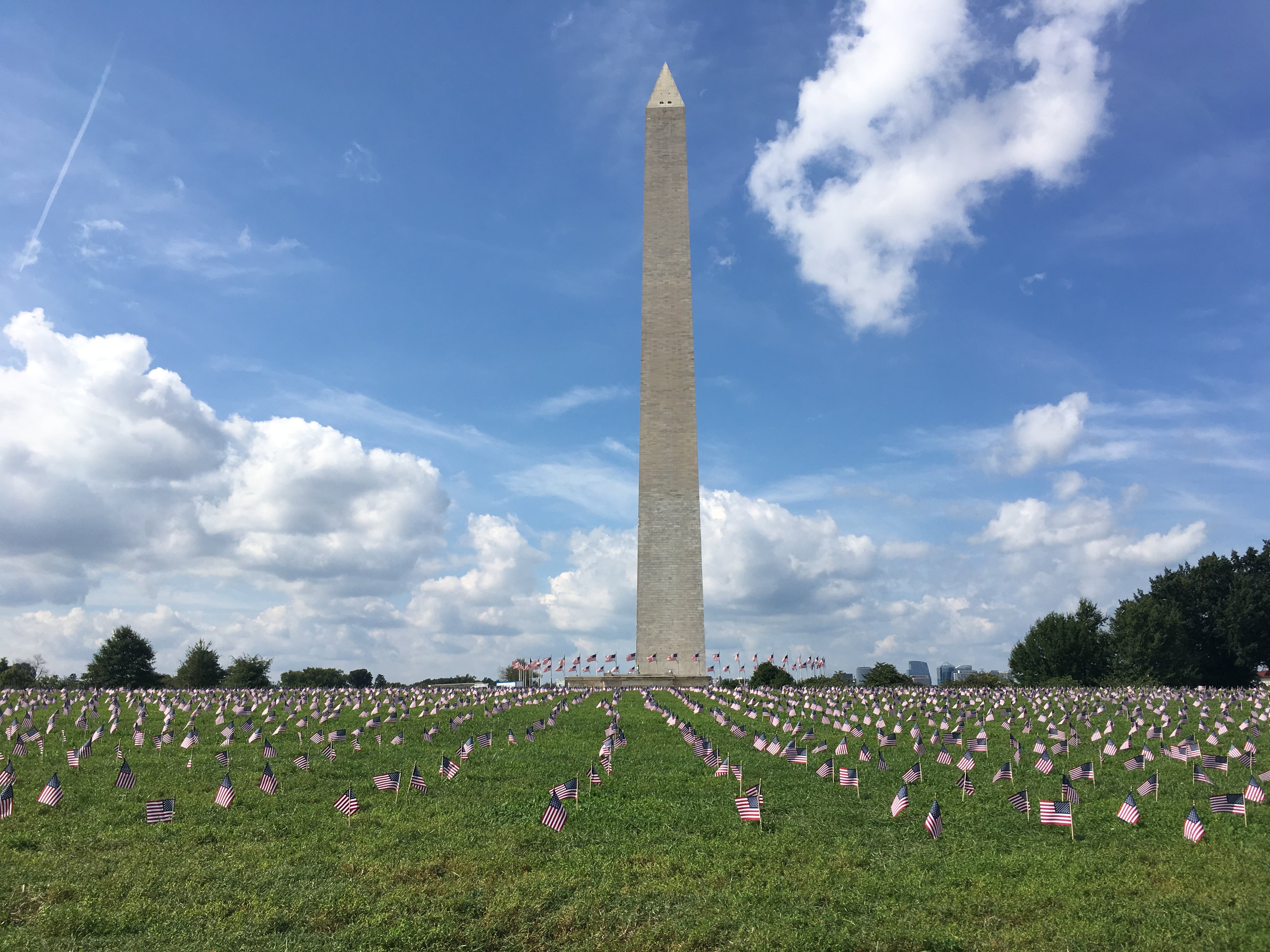Democratic leaders of the House Veterans’ Affairs Committee this week announced plans to mark up a hefty slate of suicide prevention bills early next month as Senate lawmakers and administration officials lament that already existing solutions to the problem aren’t moving fast enough through Congress.
The conflict leaves congressional efforts on suicide prevention muddled at a time when outside advocates had hoped for more deliberate action on the issue, following the White House’s latest push on the topic earlier this summer.
Earlier this month, the Senate unanimously passed the Commander John Scott Hannon Veterans Mental Health Care Improvement Act, which includes a new grant program to encourage collaboration with community organizations on suicide prevention, new hiring rules to quickly fill mental health staffing gaps at the Department of Veterans Affairs, and a host of new data requirements to better track potential causes of suicide.
According to VA statistics, about 20 veterans and active-duty service members die by suicide each day, a number that has remained largely unchanged in recent years despite considerable efforts aimed at increasing outreach to at-risk veterans.
RELATED

Several prominent veterans groups and House Republicans have pushed for immediate consideration of the Hannon bill, calling it an critical need. The newly-announced committee hearing, scheduled for Sept. 10, will cover that bill as well as parts of 31 other proposals on the topic. Most of the new proposals have been rolled out since the start of July.
Typically, those kind of mark-up events cover only about a dozen pieces of legislation, but the shortened legislative schedule due to the looming November elections have added extra work — and urgency — to the schedule.
“If we’re serious about reducing veteran suicide, we need sweeping legislative action backed up by mental health experts and veteran stakeholders that addresses recommendations from the PREVENTS Task Force and Department of Defense,” committee chairman Mark Takano, D-Calif., said in a statement.
“Never before has this Committee advanced monumental veterans policy without first fully understanding what it will cost American taxpayers, and more importantly, what impact incomplete legislative efforts could have on veterans’ lives. We are committed to ensuring VA provides high quality and timely care and benefits to our nation’s veterans.”
House leaders have expressed concerns that the Senate bill — which itself took more than a year to advance out of that chamber — omits several key topics like firearms safety among veterans, targeted care for minority veterans groups and additional requirements on mental health grants to ensure that outside groups are providing worthwhile resources.
But supporters worry that work is unnecessarily slowing down the Senate package, which they see as critical in addressing suicide prevention.
“This bill alone won’t end the tragedy of veteran suicide, but it is an undoubtedly important next step that will save lives,” committee ranking member Phil Roe, R-Tenn., said in a letter to House leadership last week. “We should take it without hesitation and then we should get back to work.”
RELATED

In a conference call with veterans groups on Monday, VA Secretary Robert Wilkie — who has voiced strong support for the suicide prevention grant program and publicly sparred with House Veterans’ Affairs Committee leaders — said he is pessimistic about the chances of passing the Hannon bill this year given the recent lack of legislative progress.
In June, the White House unveiled the results of its 15-month push on the issue, the President’s Roadmap to Empower Veterans and End a National Tragedy of Suicide (PREVENTS) which is designed to bring together a host of federal government and community efforts on the issue.
It called for more federal coordination with community providers on mental health outreach, promotion of “safe storage” programs for firearms owners and a public awareness campaign on suicide prevention set to launch this fall. House lawmakers have noted that several of the White House’s stated goals aren’t included in the Senate bill.
Takano called the Hannon bill — which received strong support from Senate Democrats — “a promising start” but said House lawmakers “must complete the work necessary to tackle this crisis” before finalizing any plans.
If House lawmakers advance suicide prevention legislation this fall, it will come in a shortened window of congressional work. Lawmakers are scheduled to head to Capitol Hill for most of September but return to their home districts for most of October and November, giving Congress only a few working weeks to finalize a bill before the end of 2020.
Veterans experiencing a mental health emergency can contact the Veteran Crisis Line at 1-800-273-8255 and select option 1 for a VA staffer. Veterans, troops or their family members can also text 838255 or visit VeteransCrisisLine.net for assistance.
Leo covers Congress, Veterans Affairs and the White House for Military Times. He has covered Washington, D.C. since 2004, focusing on military personnel and veterans policies. His work has earned numerous honors, including a 2009 Polk award, a 2010 National Headliner Award, the IAVA Leadership in Journalism award and the VFW News Media award.




